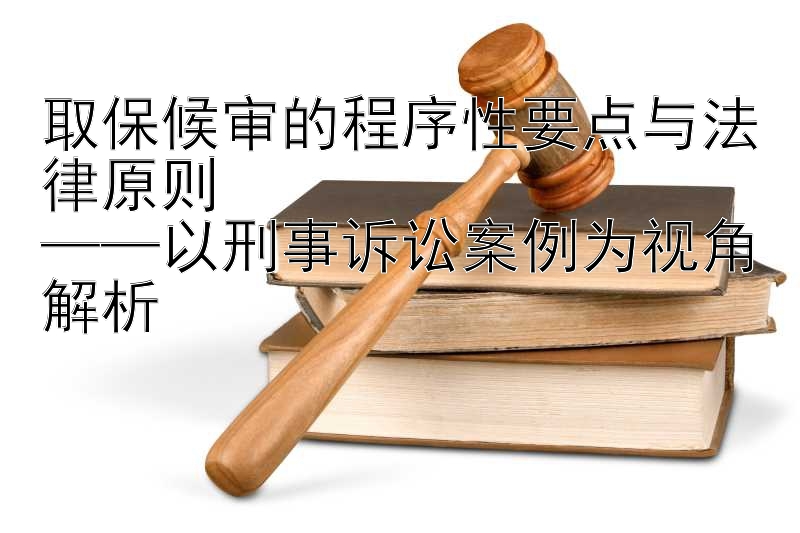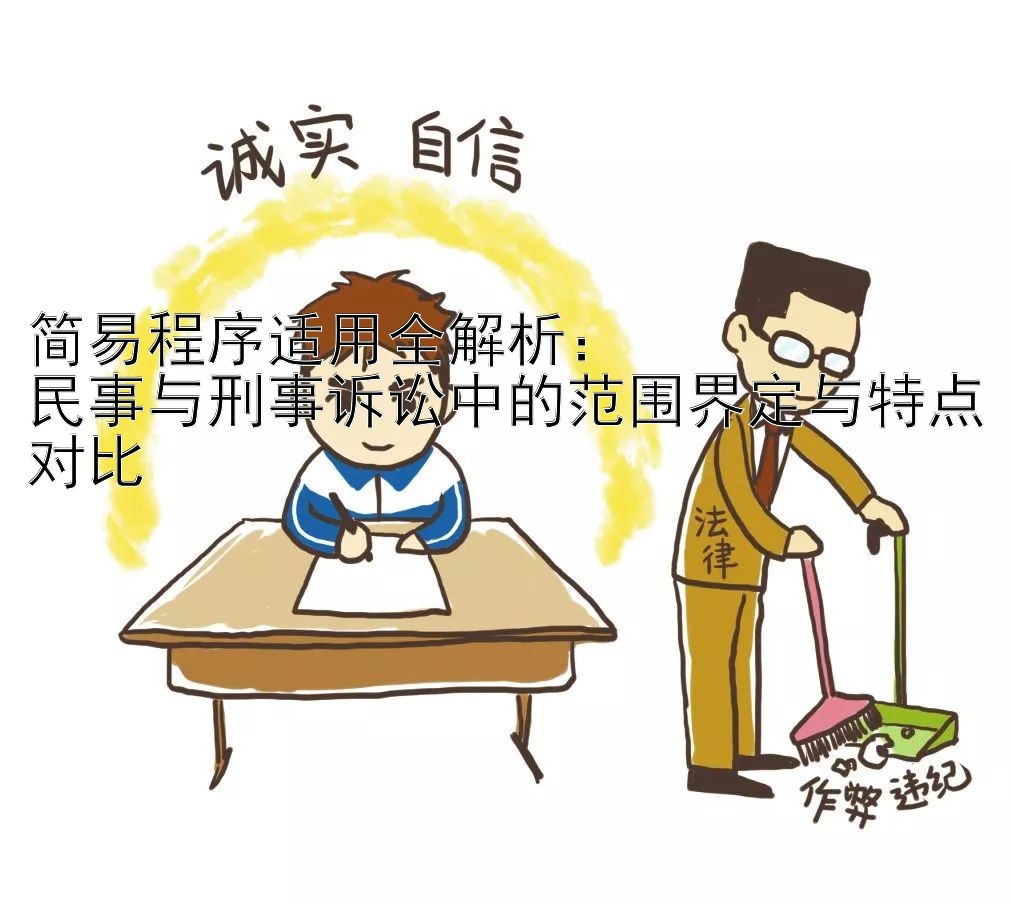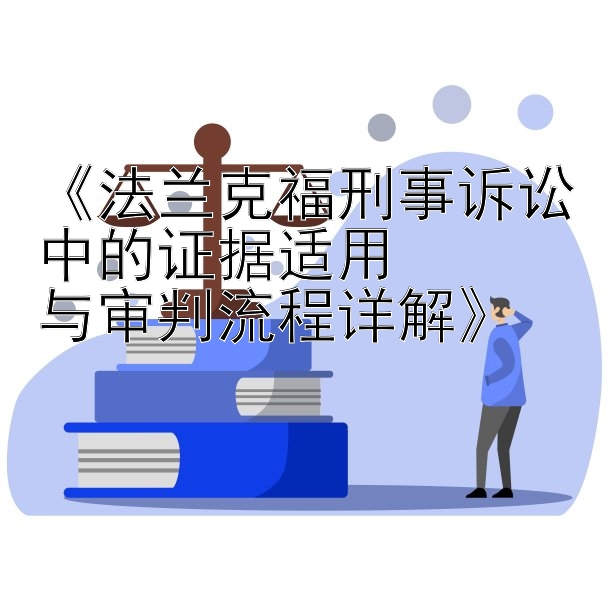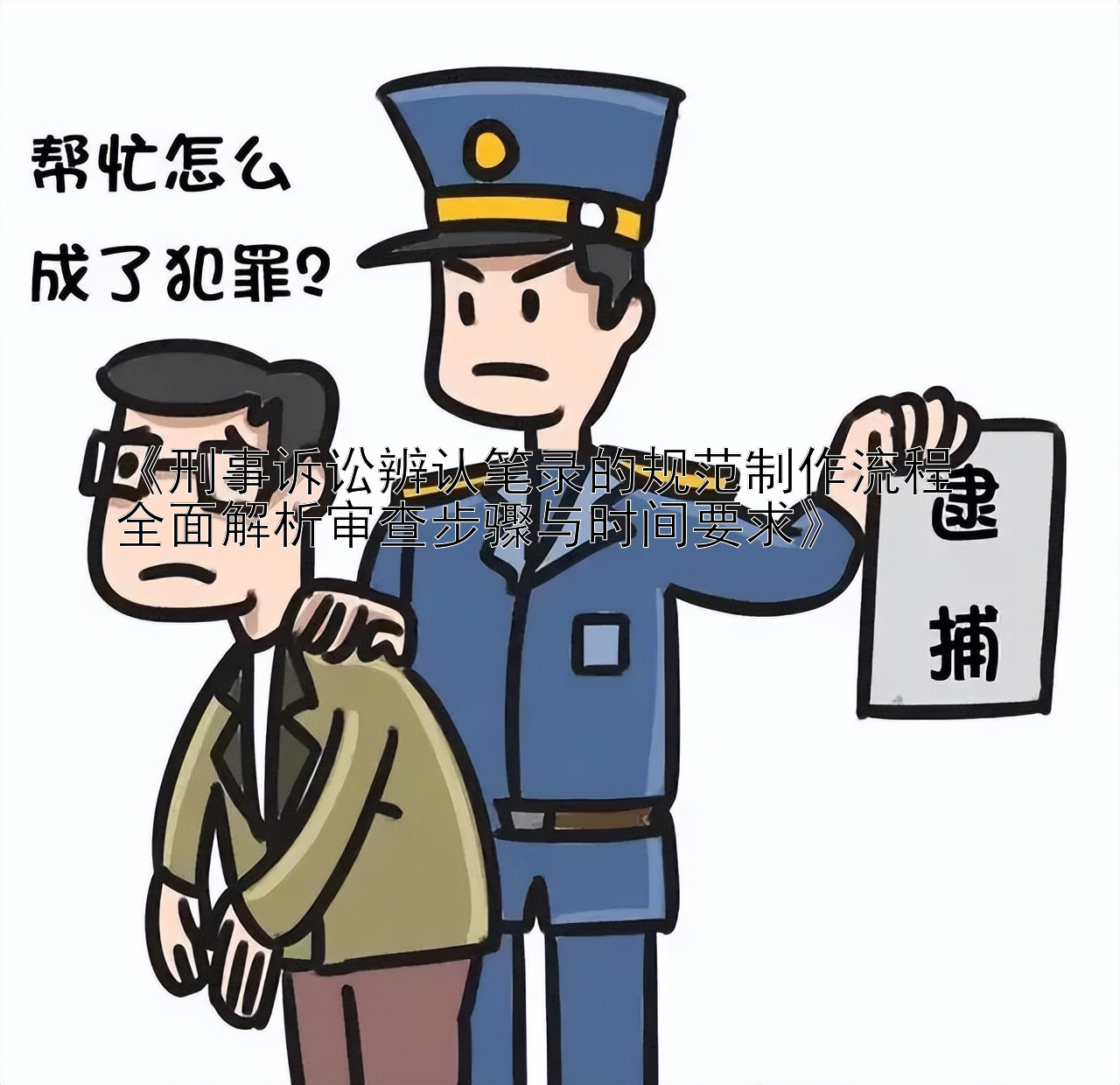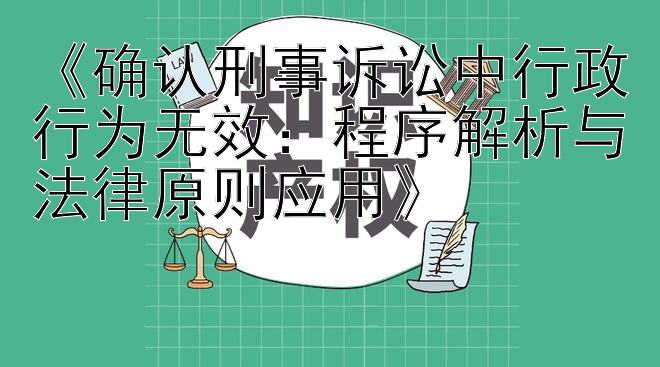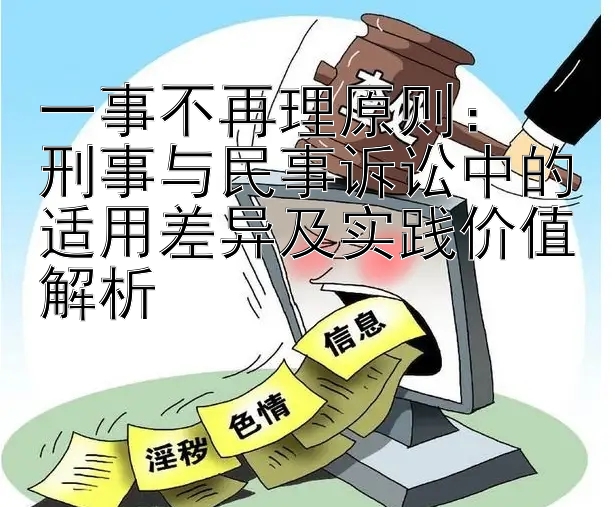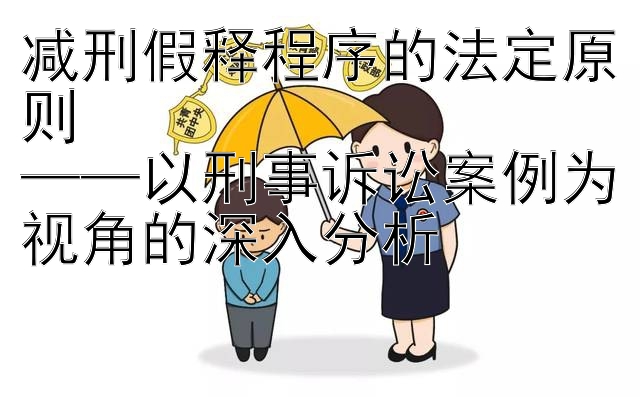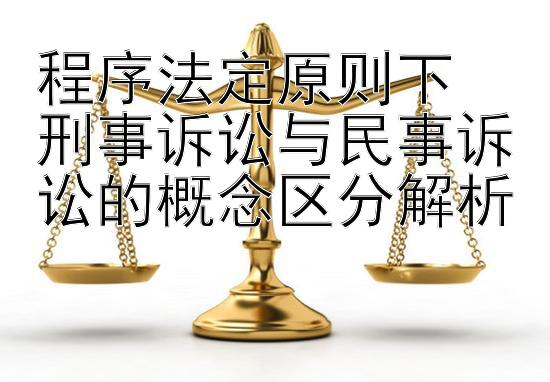未成年人刑事诉讼程序的特殊法律保护
未成年人刑事诉讼程序的特殊法律保护
一、引言
未成年人的健康成长是社会关注的焦点之一,而他们在犯罪或涉嫌犯罪时所面临的司法处理也应充分考虑到其特殊性和脆弱性。为了保障未成年人的权益和未来发展,各国在刑事诉讼法中均制定了相应的特别规定,以期实现对他们的最大程度保护。本文将从我国《中华人民共和国刑事诉讼法》及相关法律法规出发,探讨未成年人刑事诉讼程序中的特殊法律保护措施及其适用情况。
二、基本原则与法律依据
(一)教育为主,惩罚为辅的原则
根据《中华人民共和国预防未成年人犯罪法》第四十四条规定:“对犯罪的未成年人追究刑事责任,实行教育、感化、挽救方针,坚持教育为主、惩罚为辅的原则”。这一原则贯穿于整个未成年人刑事诉讼过程中,旨在通过教育和帮助的方式促使未成年人改过自新,重返社会。
(二)不公开审理制度
《中华人民共和国刑事诉讼法》第二百八十五条规定:“审判的时候被告人不满十八周岁的案件,不公开审理。但是,经未成年被告人及其法定代理人同意,未成年被告人所在学校和未成年人保护组织可以派代表到场”。该规定旨在保护未成年被告人的隐私权,避免对其造成不必要的负面影响。
(三)法律援助制度
《中华人民共和国刑事诉讼法》第三百五十七条规定:“未成年犯罪嫌疑人、被告人没有委托辩护人的,人民法院、人民检察院、公安机关应当通知法律援助机构指派律师为其提供辩护”。这确保了未成年人在刑事诉讼过程中的合法权益不受侵害。
三、具体程序上的特殊保护
(一)讯问和询问时的特殊要求
- 讯问地点:根据《最高人民法院关于适用<中华人民共和国刑事诉讼法>的解释》第五百二十九条的规定,讯问未成年犯罪嫌疑人应当采取适合未成年人的方式进行,一般应当在看守所或者公安机关指定的专门场所进行;
- 讯问人员:讯问未成年犯罪嫌疑人应当由熟悉未成年人身心特点的侦查员进行;
- 记录要求:讯问未成年犯罪嫌疑人应当制作笔录,并交由本人阅读或者向其宣读;
- 询问证人、被害人:询问未成年证人、被害人应当采取适当的方式,并在有监护人在场的情况下进行。
(二)强制措施的特殊考虑
《中华人民共和国刑事诉讼法》第六十七条明确规定了对未成年嫌疑人的取保候审保证金标准可酌情降低,同时允许使用保证人担保的方式。此外,逮捕措施的使用也应严格限制,只有在确有必要且符合法律规定的情形下才能实施。
(三)
四、实践中的挑战及应对策略
在实际操作中,由于未成年人的心智尚未成熟,自我控制能力较弱,加之家庭环境、社会影响等多重因素的影响,使得他们在接受调查、起诉和审判的过程中可能会面临更多的困难和挑战。因此,需要在执行上述法律规定的同时,加强对未成年人心理辅导和社会支持体系建设,以确保他们得到充分的保护和关爱。
五、结语
未成年人刑事诉讼程序中的特殊法律保护是一个复杂而又重要的课题,它不仅关系到个体的命运,更涉及社会的和谐稳定与发展。随着时代的发展和社会变迁,我们需要不断更新和完善现有的法律体系,以确保对未成年人的保护始终处于最佳状态。让我们共同努力,为他们创造一个更加安全、公正的成长环境。
六、附录(案例分析)
Case Study: The Juvenile Delinquency Trial of Xiao Ming (化名)
In the case of Xiao Ming, a minor who was arrested for theft, several special protections were applied during his trial to ensure that he received fair treatment and had his rights protected. Here's how these protections manifested in practice:
-
Educational Approach: Throughout the legal process, judges and prosecutors emphasized education and rehabilitation rather than solely focusing on punishment. They worked with social workers and counselors to create a plan that would help Xiao Ming learn from his mistakes and have a chance at a better future.
-
Confidentiality: All proceedings related to Xiao Ming's case were conducted behind closed doors to protect his identity and prevent unnecessary exposure that could harm his reputation or hinder his reintegration into society after completing any necessary penalties.
-
Legal Representation: Xiao Ming was provided with a court-appointed lawyer who specialized in juvenile law. This ensured that he had competent representation throughout the entire judicial process, which is crucial given that minors may not fully understand their legal rights and options.
-
Social Support: Social workers were involved in assessing Xiao Ming's family situation and providing support services to address the underlying issues that might have contributed to his delinquent behavior. This included connecting him with educational resources and counseling programs.
-
Sentencing Considerations: When it came time for sentencing, the judge considered Xiao Ming's age, lack of prior criminal record, and the circumstances leading up to the offense. As a result, the judge imposed a more lenient sentence that prioritized reform over punitive measures.
The case study highlights the importance of implementing special protections designed specifically for minors within the criminal justice system. It demonstrates how such measures can positively influence outcomes by promoting understanding, accountability, and opportunities for personal growth among young offenders like Xiao Ming.

